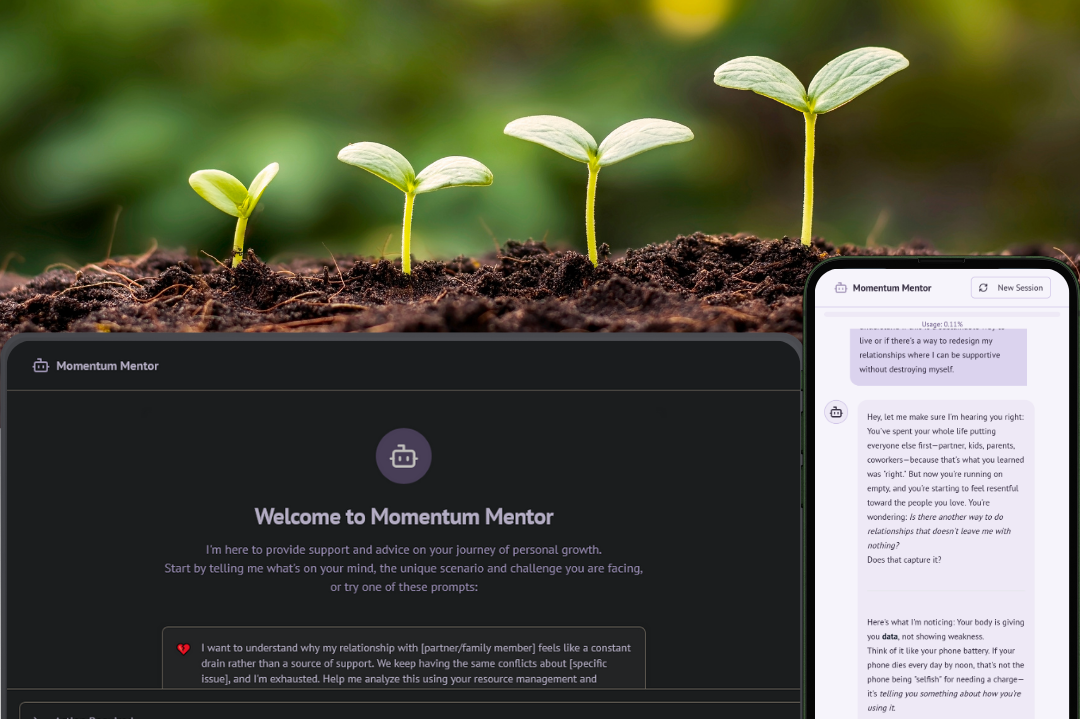It would be easy to say that artificial intelligence killed off Stack Overflow, but it would be truer to say that AI delivered the final blow. What really happened is a parable of human community and experiments in self-governance gone bizarrely wrong.
Stack Overflow once was the internet’s senior engineer, the backstop where developers turned with problems that stymied us. It was a space for technical sharing where the ethos and attitude of open source programming thrived.
Stack Overflow was not the first or only site of its kind. It was part of a wave of next-generation programming forums that appeared at the turn of the millennium, some of which still exist. And these themselves were the descendants of user groups and Usenet. As we enter the era of large language models (LLMs), all such forums are facing an existential crisis. Do we even need them anymore?
Before we get too far into answering that question, let’s take a closer look at Stack Overflow: What made it great, how it stumbled, and how much of a role AI plays in its current decline.
A long pattern of declining usage
To start, we can look at this chart of declining monthly questions on Stack Overflow. The chart goes back as far as when the site began in 2008. As it shows, the site once reached a fairly sustained height of 200,000 new questions a month. After that, we see a pattern of gradual decline beginning in 2014. There is a COVID-19 bump in 2020, when everyone was working remotely, followed by a continuing collapse.
By the beginning of 2023, about a year after ChatGPT erupted onto the scene, the bottom really drops out. It’s clear that ChatGPT and similar tools were the last straw for Stack Overflow. The site’s diminishing engagement almost exactly mirrors the rise of ChatGPT.
But generative AI just put an exclamation mark on something that was already happening. What launched Stack Overflow into the stratosphere was human interaction and the vibrant culture that rose up around it. More than any other site like it, Stack Overflow captured the interactive component of software development. But then the experiment in self-moderation took on an oppressive tone, as its leaders systematically dismantled the very quality that made the platform great. By the time LLMs came along, Stack Overflow was already operating on an arid vision of transactional Q&A.
When generative AI came for Stack Overflow, the one thing that could have saved it—the human element—had already been stripped out.
The rep game: How Stack Overflow won, and then lost, the ‘net
Stack Overflow’s most revolutionary aspect was its reputation system. That is what elevated it above the crowd. The brilliance of the rep game allowed Stack Overflow to absorb all the other user-driven sites for developers and more or less kill them off.
On Stack Overflow, users earned reputation points and badges for asking good questions and providing helpful answers. In the beginning, what was considered a good question or answer was not predetermined; it was a natural byproduct of actual programmers upvoting some exchanges and not others.
The reputation game was always imperfect: People could and did game the game. But whatever; it was fun, and most users found it helpful. So, what happened? Stack Overflow evolved toward being a so-called self-governing platform, where the power to govern (or moderate) was granted by reputation. Users with enough reputation were empowered to manage various aspects of the platform. Most importantly, they became responsible for moderating questions and answers for “quality.”
For Stack Overflow, the new model, along with highly subjective ideas of “quality” opened the gates to a kind of Stanford Prison Experiment. Rather than encouraging a wide range of interactions and behaviors, moderators earned reputation by culling interactions they deemed irrelevant. Suddenly, Stack Overflow wasn’t a place to go and feel like you were part of a long-lived developer culture. Instead, it became an arena where you had to prove yourself over and over again.
The downside of gamification
Initially, gamification was a booster rocket. It took a beautiful aspect of software development culture—the mysterious joy of giving and receiving help for its own sake—and added a fun new way to score reputation. But what drove that helping culture? I remember a non-programmer looking over my shoulder once when I was on Stack Overflow. “Why do people help? Just for nothing?” The joy of being able to help someone by sharing what you’ve learned is something you must experience yourself to understand.
Possibly the best analogy is seeing someone whose car has broken down on the side of the road. You pull over to help because you’ve been there; you know what being broken down on the side of the road feels like. Maybe you can help, and even if you can’t, at least the stranded driver knows someone cares. And then there is the boost of discovering the source of the problem: “Look, here’s a loose coolant clamp.” That shared thrill is what we lost when Stack Overflow let the reputation game win.
Software development and the culture of helping
Whether the culture of helping each other will survive in this new age of LLMs is a real question. Is human helping still necessary? Or can it all be reduced to inputs and outputs? Maybe there’s a new role for humans in generating accurate data that feeds the LLMs. Maybe we’ll evolve into gardeners of these vast new tracts of synthetic data.
But returning to Stack Overflow and the community it once represented: Is there some radical resurrection in its future? Before AI entered the scene, it was clear Stack Overflow needed to back out of a dead-end street of its own creation. It’s possible the site could have returned to greatness by embracing what once made it great: the community and culture of software development.
That culture thrives on making people feel welcome. Practically speaking, it means letting people with foolish or off-topic questions interact with those with more experience. Someday, they’ll become the ones with experience. Maybe they’ll come back to return the favor.
It’s also clear that developers still want and appreciate community, even in the age of AI. We see that ethos alive and well in spaces like dev.to, and also in the success of GitHub’s open source, social coding model. GitHub is possibly the center of the coding universe, the true heir to the Iron Throne of the old user groups. Of course, it’s also just another useful tool, one that remains essential even in an AI-centric software universe.
This perhaps boils down to the kernel at the heart of coding for coding’s sake. By nature, software developers will always create code, just like musicians are always producing music. Even if AI could produce great music, musicians would still do it. After all, we didn’t get to Bach, Beethoven, or the Beatles and just say, “Okay, we’re good, we have music now.” Humans have an inherent need to create, and for software developers, coding is how we do it.
There is a way of writing, building, and doing software that is joyful, challenging, and rewarding. AI can be a part of that. But if it is allowed to wholesale replace it, the act of coding for coding’s sake starts to look more like an enthusiast’s hobby. It becomes akin to handcrafting wooden furniture pieces in the age of mass-produced furniture products.
Don’t lose the human element
Where does a site like Stack Overflow fit into this picture? Matt Asay recently offered some interesting ideas, like tying reputation to AI model contributions. But to truly make a comeback, Stack Overflow would have to believe in the future of human programmers and their culture. It would have to fundamentally say: This is a place where the human side of software development lives, and everything that happens here is in support of that basic mission.
The rise and fall of Stack Overflow is a poignant reminder that platforms built for humans thrive on genuine community, not just generating content. Its genius was harnessing the enthusiasm of developers. That energy was gradually diminished by a bizarre twist where a working democracy sprouted an aristocracy, and that aristocracy killed democracy.
The arrival of sophisticated AI happened in parallel, but it didn’t cause the collapse; it merely exposed the extent to which the community had already lost its spark. AI will continue to reshape the technological landscape, and the ramifications will continue to unfold before our very eyes. The lesson of Stack Overflow is even more important in the new world that is coming: Humans are the drivers of meaning and purpose. Subtract that human element at your own peril.
.png)




